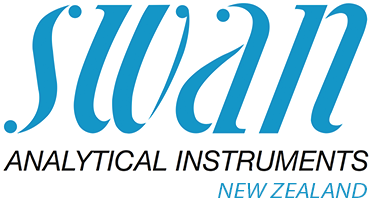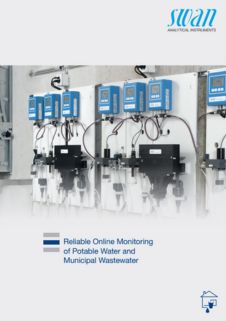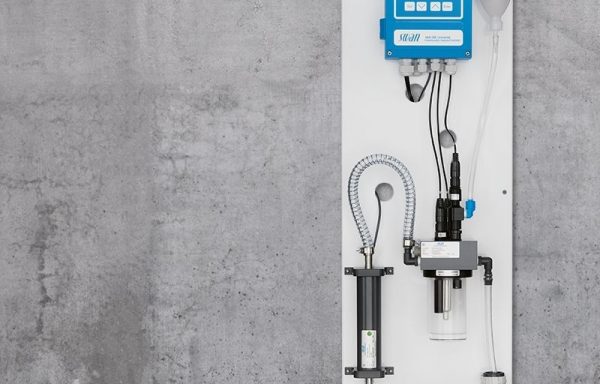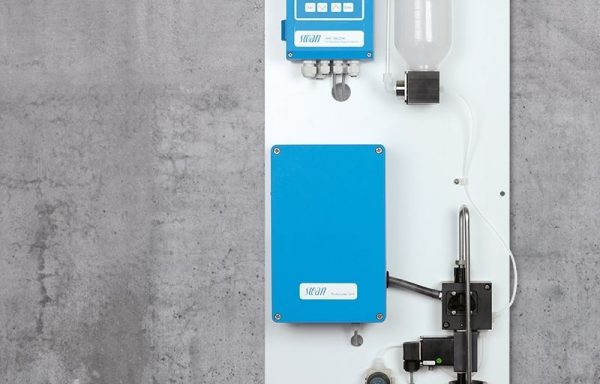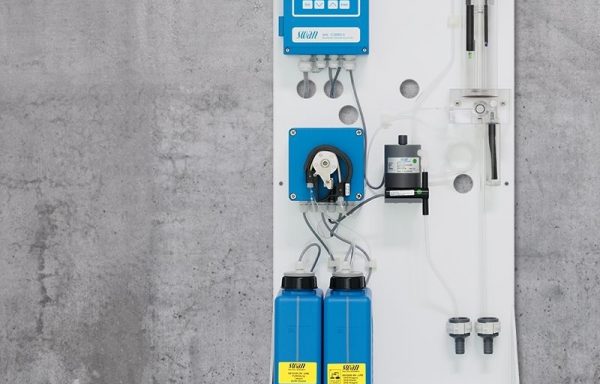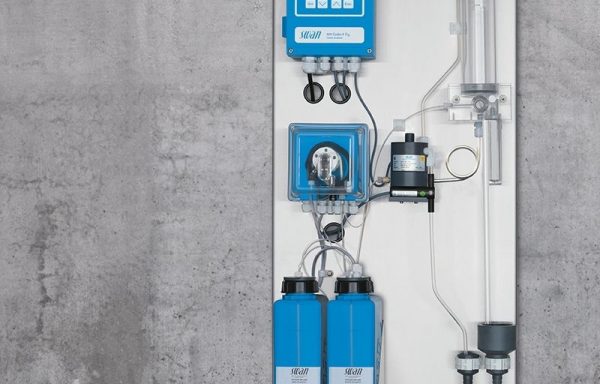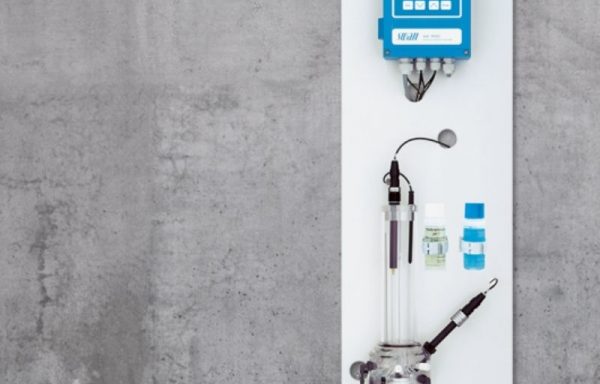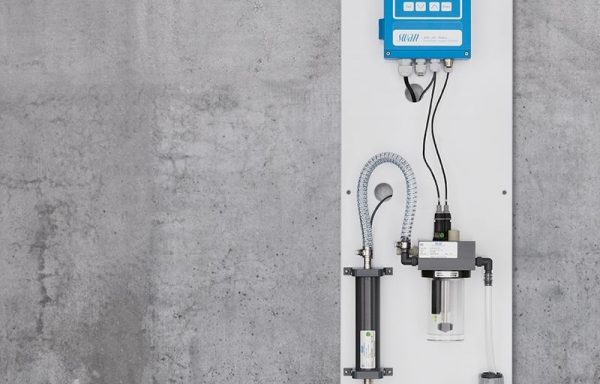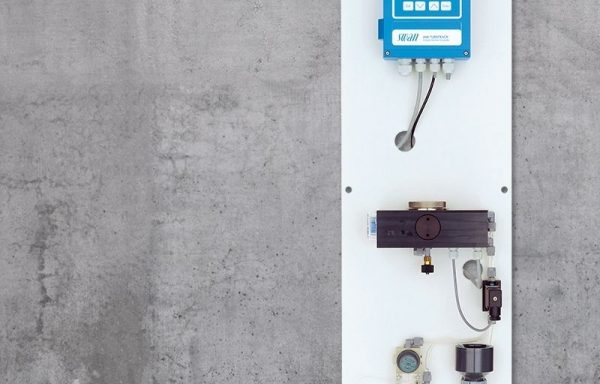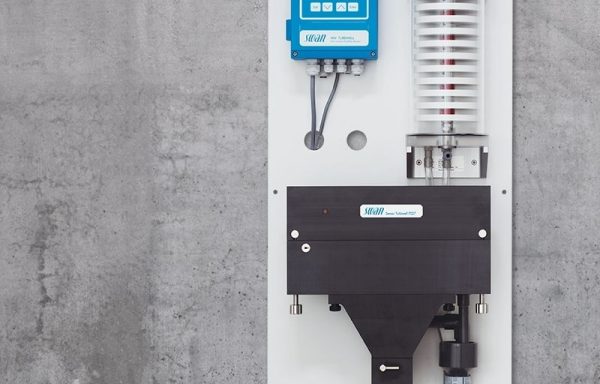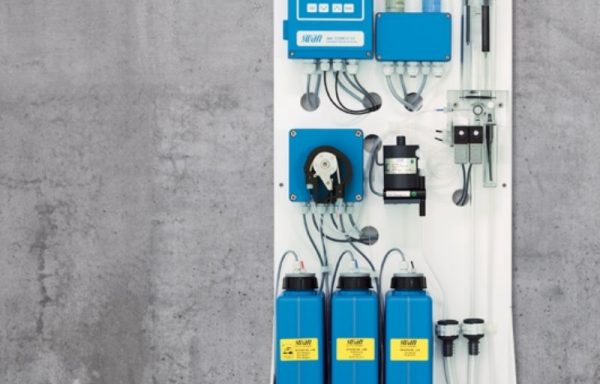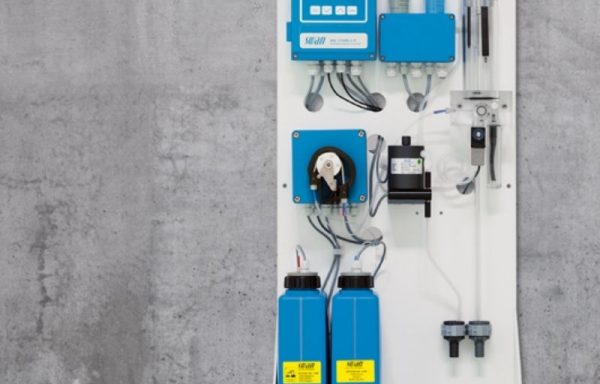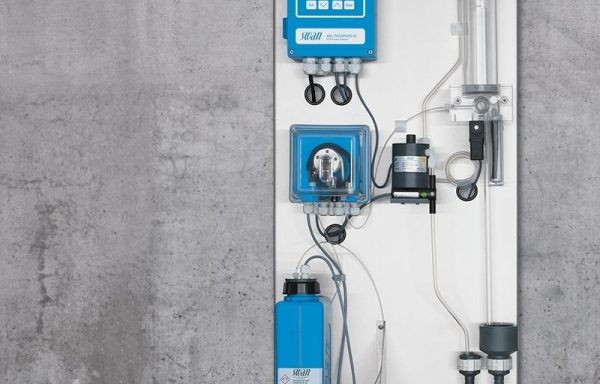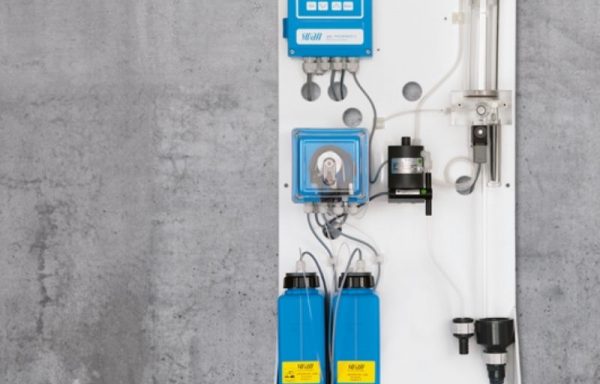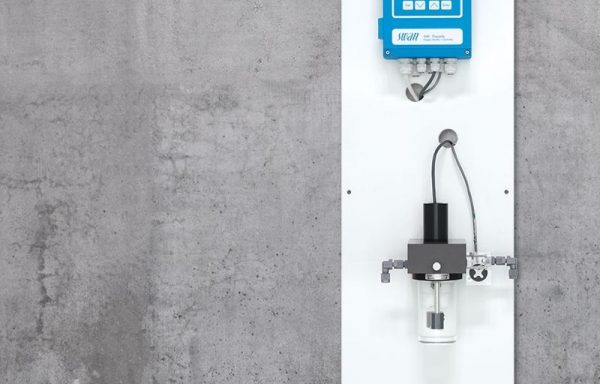Clean drinking water is fundamental to public health. Swan Analytical provides the precision instruments you need to monitor water quality at every stage—from raw water intake through to distribution.
Why Water Quality Monitoring Matters
Municipal water treatment facilities face dual challenges: meeting strict regulatory standards whilst ensuring optimal treatment efficiency. Poor monitoring can lead to compliance issues, taste and odour problems, and most critically, public health risks.
Comprehensive Monitoring Solutions
Swan’s analytical instruments monitor essential parameters throughout your water treatment process:
- Chlorination and dechlorination processes
- pH levels and conductivity
- Fluoride and phosphate content
- Turbidity measurements
Built for Real-World Operations
Our instruments are designed with water treatment professionals in mind:
- Easy operation and low maintenance requirements
- Quick integration with existing treatment systems
- Reliable performance in demanding environments
Whether you’re ensuring regulatory compliance or optimising treatment efficiency, Swan’s proven solutions help water treatment facilities deliver safe, clean drinking water to their communities.
Typical Instrumentation in Potable Water and Municipal Wastewater Treatment

Potable Water Treatment
| 1 | Raw Water Intake | Conductivity (specific) Dissolved Oxygen pH Redox Potential Turbidity Ammonium Chlorine Fluoride Nitrate Ozone/Zero Ozone Phosphate SAC254 |
| 2 | Coagulation, Flocculation and Sedimentation | Conductivity (specific) Dissolved Oxygen pH Redox Potential SAC254 Turbidity Ammonium Chlorine Fluoride Ozone/Zero Ozone Phosphate |
| 3 | Filtration | Ammonium Chlorine Conductivity (specific) Dissolved Oxygen Ozone/Zero Ozone pH Redox Potential Turbidity Fluoride Nitrate Phosphate SAC254 |
| 4 | Disinfection | Ammonium Chlorine Conductivity (specific) Dissolved Oxygen Ozone/Zero Ozone pH Redox Potential Turbidity Fluoride Phosphate SAC254 Nitrate |
| 5 | Distribution | Ammonium Chlorine Conductivity (specific) Dissolved Oxygen Ozone/Zero Ozone pH Redox Potential Turbidity Fluoride Phosphate SAC254 Nitrate |
Municipal Wastewater Treatment
| 6 | Wastewater Intake | Dissolved Oxygen pH Redox Potential SAC254 Conductivity (specific) |
| 7 | Biological and Chemical Treatment | Dissolved Oxygen pH Redox Potential Conductivity (specific) |
| 8 | Sedimentation | Conductivity (specific) Dissolved Oxygen pH Redox Potential Ammonium Chlorine Fluoride Ozone/Zero Ozone Phosphate SAC254 Turbidity |
| 9 | Ozonation | Conductivity (specific) Dissolved Oxygen pH Redox Potential Ozone/Zero Ozone SAC254 |
| 10 | Final Treatment | Chlorine Conductivity (specific) Dissolved Oxygen Ozone/Zero Ozone pH Redox Potential SAC254 Turbidity Ammonium Fluoride Phosphate |
| 11 | Effluent | Chlorine Conductivity (specific) Dissolved Oxygen Ozone/Zero Ozone pH Phosphate Redox Potential SAC254 Turbidity Ammonium Fluoride |
* Italics indicates the application of instrument may be restricted by water quality or need further sample conditioning (e.g. filtration)
Municipal Water Monitoring Instruments
AMMONIUM
FLUORIDE
ORGANICS
OZONE/ ZERO OZONE
SAC254
SPECIFIC CONDUCTIVITY
NITRATE
OXIDATION
pH
TURBIDITY
DISINFECTION
PHOSPHATE
DISSOLVED OXYGEN
REDOX POTENTIAL
UV-TRANSMISSION

